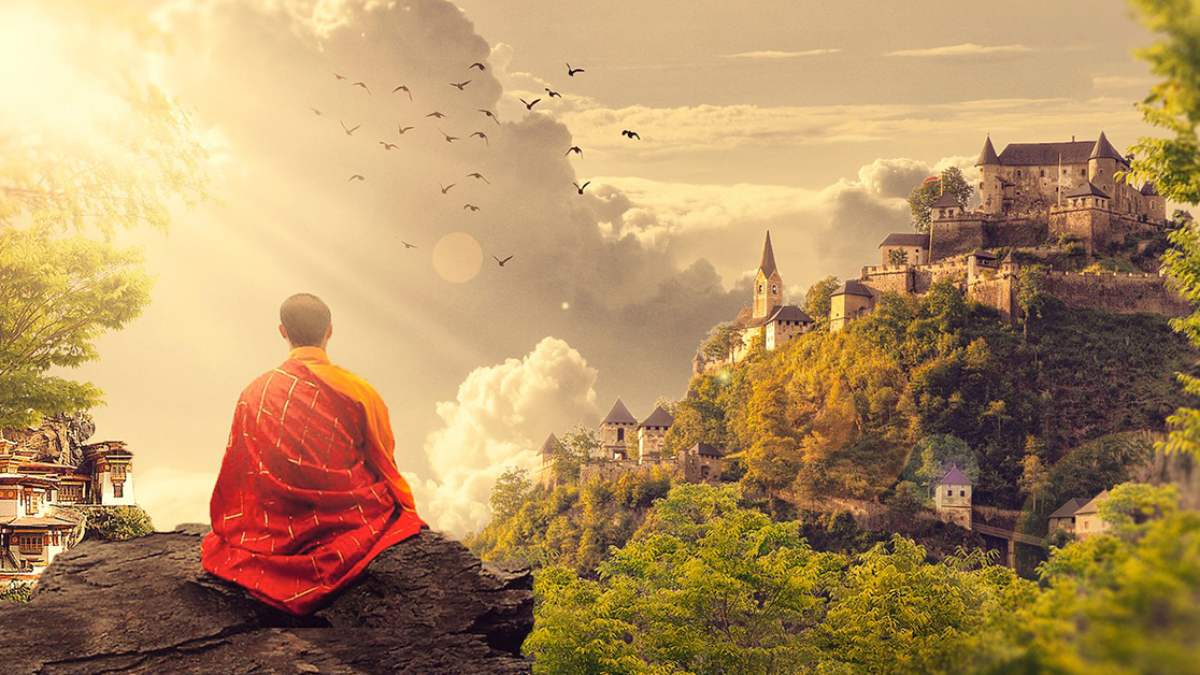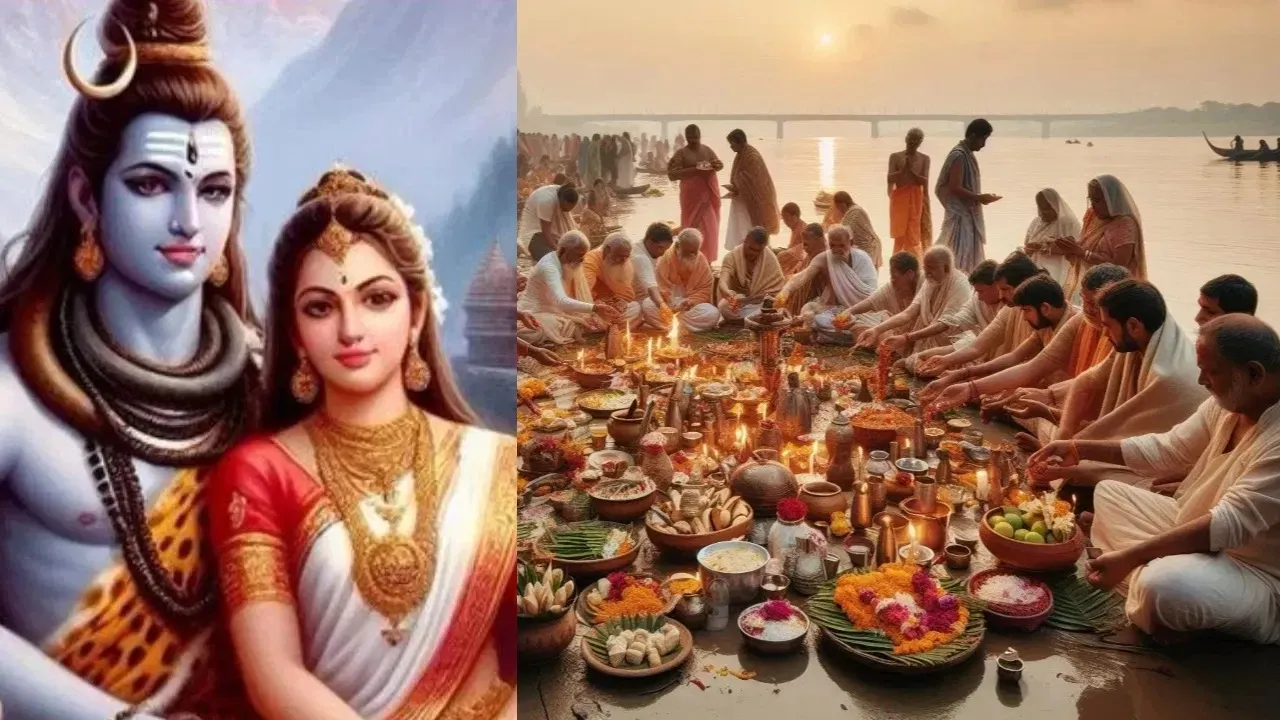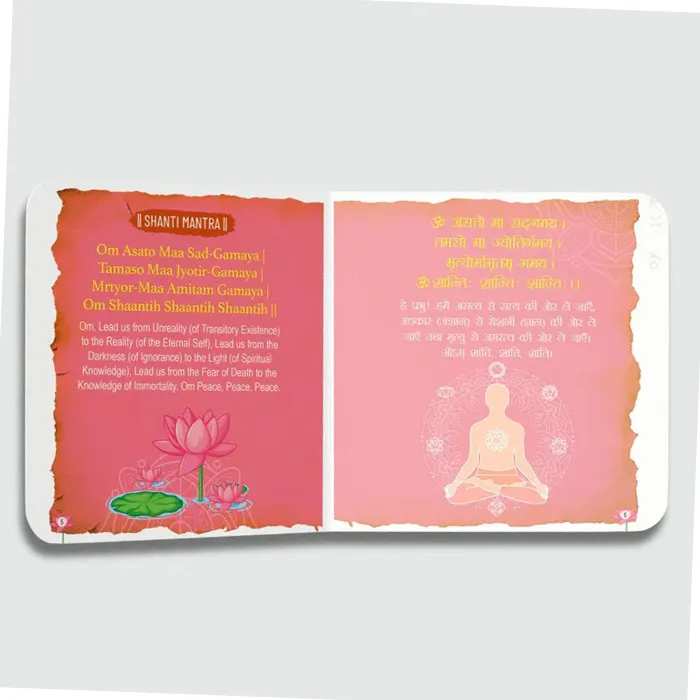21 September is the International Day of Peace or World Peace Day. It is a holiday sanctioned by the United Nations and observed annually. The day is dedicated to the absence of war and violence, commemorating the ideals of peace both within and among all nations and peoples.
The theme for 2020 is ‘Shaping Peace Together’. This year, it has been more evident than ever that we are not each other’s enemies, as a microscopic foe has brought the whole of humanity to its knees! Life as we knew it has been altered within a few months and we have been reminded that what happens in one part of the planet can impact all of us.
Peace — the word has inspired songs, speeches and even one of the most oft-used farewell wishes, rest in peace or RIP.
Peace means freedom from disturbance and a state in which there is no violence. ‘Is that not our natural state?’ you wonder. Have we moved so far away from our natural state of tranquility that we actually need a day to commemorate peace?
Why has this happened? As man evolved into a social animal, differences of opinion surfaced. Skirmishes between alphas of the species grew and from small tribal conflicts, we gradually grew into an animal that seemed to be bent upon destroying itself! We even smashed the atom in search of peace.
“Homo sapiens hold the record among all organisms for driving the most plant and animal species to extinction. We have the dubious distinction of being the deadliest species in the annals of life,” says Yuval Noah Harari in his book, From Animals into Gods: A Brief History of Humankind.
What is the cause behind this? What has distinguished us so dramatically from all other forms of life? What has brought about the massive shift from nature’s default state of tranquility?
One can argue that violence and wars have actually reduced and there is more peace in the physical world, but what about mental peace? Would it be true to say that ‘peace of mind’ has become more elusive now than ever before? We have law and order and it is enforced in the physical world to maintain peace but what are the deterrents to disturbances that arise in the mental space?
The answer lies in the human mind. Paradoxically, it is the same thing that has allowed us to flourish as a species, build railroads, airplanes, set foot on the moon and today, see each other virtually on our screens as we work from home. It is the same thing that makes us frantic on the metaphorical shores of life trying to hold on to the ‘good’ waves and fighting away ‘bad’ waves; the invisible force that makes us play this fruitless game for decades, only to make us simply sit down in the sand at the end and allow the waves to follow their natural rhythm as we finally rest in peace!
Now, not only do our minds trick us into this dysfunctional and relentless exercise in futility, but also forms alliances with minds that think alike. So the ‘like-minded’ come together in large numbers by believing in common myths they create, like a state or a nation, a religion, a sect, a caste or an ideology. And this collective dysfunction instinctively seeks to destroy other ‘xenophobic’ and ‘bigoted’ groups simply because ‘they’ are different from ‘us’.
So how then do we rise above the ravages of the mind — this brilliant tool that can be a savage master?
“We can never attain peace in the outer world until we make peace with ourselves,” said the Dalai Lama.
The real reason for the loss of peace both internal and external is this never-ending and pointless pursuit of ephemeral feelings, causing us constant restlessness, tension and unhappiness. The mind tricks us into this pursuit without us realizing that even when the mind finally experiences the pleasure it seeks, it is not satisfied because it is afraid that the pleasant feeling might disappear and not last forever!
By staying in the present moment, the realization that nothing lasts forever comes to us and the pursuit stops. By simply sitting and breathing, the mind can become clear, relaxed and satisfied. Feelings arise and pass. While living in the moment, you see them for what they are — mere feelings. You stop your constant identification with them. You can shift from an existential state of mind, like ‘I am frustrated’, to an experiential state of mind, like ‘I am experiencing frustration’. The shackles start to fall away!
Just like courage is not the absence of fear but the mastery of it, peace does not mean an absence of conflict. Differences can be there. However, solving them in humane ways is what makes us human.
Through the simple practices of training the mind, we can overcome this mental dysfunction that destroys peace. By breathing in and breathing out, awareness rises, disturbances go away, and tranquility follows. We are able to see differences for what they are and the underlying aspect of common humanity starts to prevail.
And then, finally, something truly liberating starts to happen. Standing on the shores of life, you see that each wave is different — and that each wave is beautiful. And each can be observed in bliss, without feeling the need to control or change it. A shift happens from ‘doing’ to ‘being’. Now, you really are a human — a human being. Whole inside, with peace outside.
Shanti. Shalom. Salam.
Gopi Krishnaswamy is a mindfulness coach & regional lead at the Google-born Search Inside Yourself
Leadership Institute. He is also a Zen practitioner and an author.























